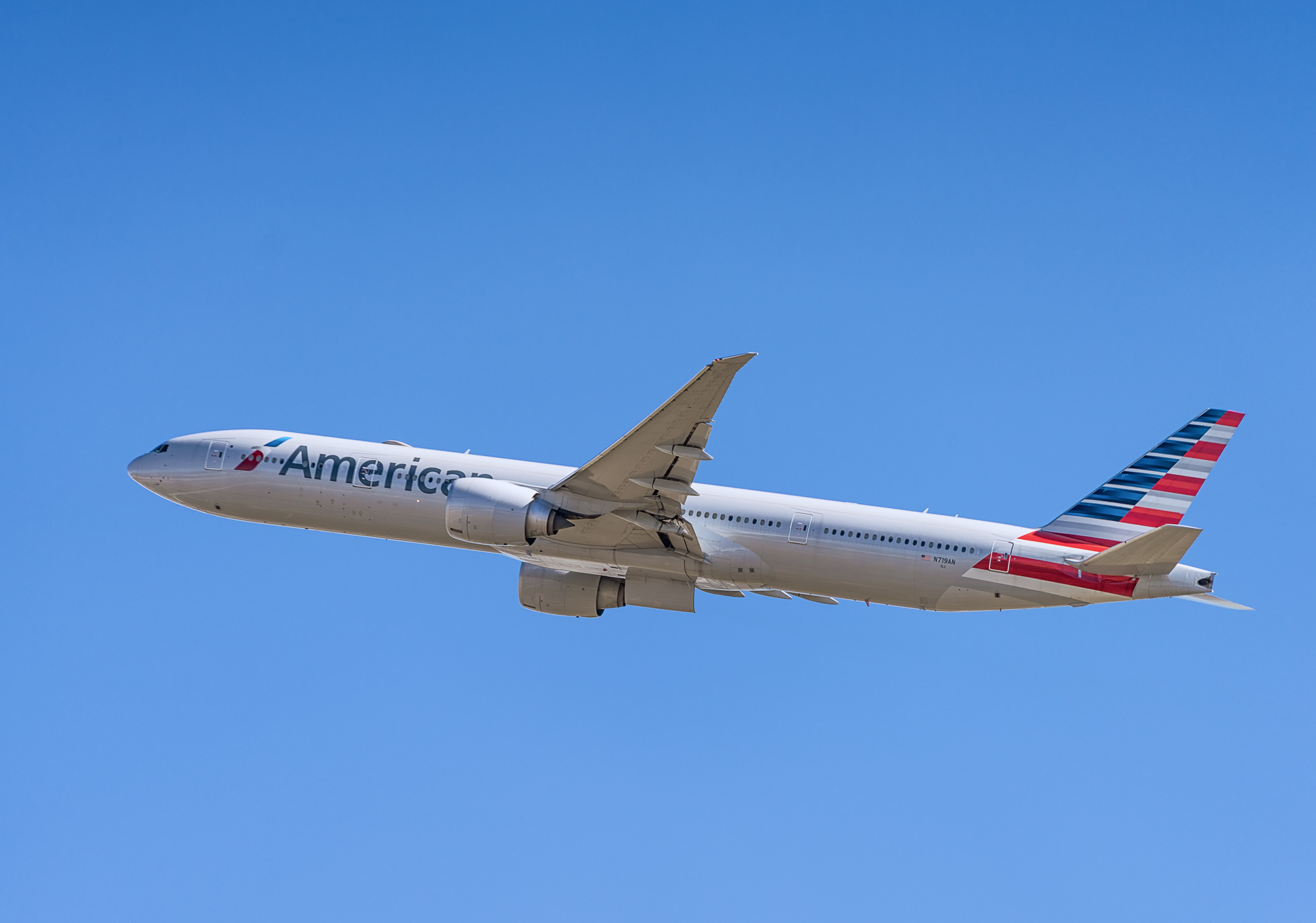The US-coalition strikes on chemical weapon infrastructure in Syria last night has resulted in a restriction on US carriers overflying Russian airspace. Whether this is a voluntary action from US airlines or an official restriction from Russia remains to be seen.
(update: this appears to be limited to American flights)
An example: American flight 125, the DFW-HKG nonstop, will now require a refueling technical stop at LAX to take on more fuel, since they will have to fly directly across the Pacific Ocean to Hong Kong instead of taking the more advantageous route over Russia. Likewise, the DFW-Seoul nonstop will now be a longer flight since it cannot fly over the small part of Russian airspace it typically utilizes.
Will my flight be affected?
Hard to say, but if you’re flying to Asia on a US-flagged carrier (Delta, United, American) this week most likely operations will be affected. Not only will flights have to take a less efficient route but that loss of efficiency could result in fuel stops along the way or weight restrictions on non-stop flights still operating. Right now only the next two days are scheduled to be impacted but I’m sure the airlines will update schedules if the overflight restriction continues.
What do I need to do to check?
Pay very close attention to your reservation if you’re traveling soon. To my knowledge the airlines haven’t posted any official reaccommodation policies yet but I will keep you posted if they do.
How long will this last?
My hopes and prayers are for cooler heads to prevail in a very volatile situation while protecting civilian life in the Middle East, most importantly. As for Russian airspace overflight rules, it’s hard to say, but stay tuned and I’ll let you know once I hear more.



Was only a matter of time before this would happen. The post-Cold War opening of Russian Federation airspace to overflights has greatly improved travel times, costs, and increased tremendously air connections – particularly between the Asiatic area and Europe. Russia gains too in that it’s estimated they rake in over $300 million annually in transit fees from the airlines. Air isn’t free after all. If Russia were to put the squeeze on they would most certainly hurt the industry (and give unfair advantage to certain carriers they would continue to allow overflight on NA-Asia overflights) but themselves as well. Of course the first to be hurt have been U.S. carriers. Note: Nothing about Air Canada, Chinese carriers.
Andy,
Do you know what the governing agreement is? There’s an Ioen Aursoacr Agreement, but that seems to pertain to observation aircraft like the OC-130. I can’t find a document with the CNN-reported expiration date of April 18.
Thanks
Mike
Open Airspace. Sorry about the failure to proofread before sending.